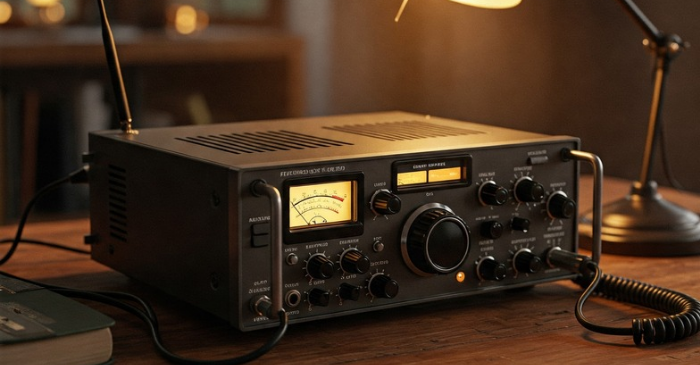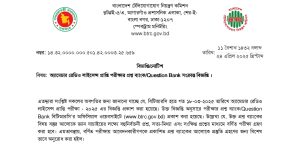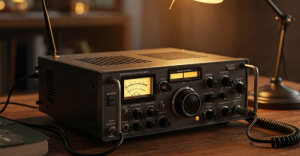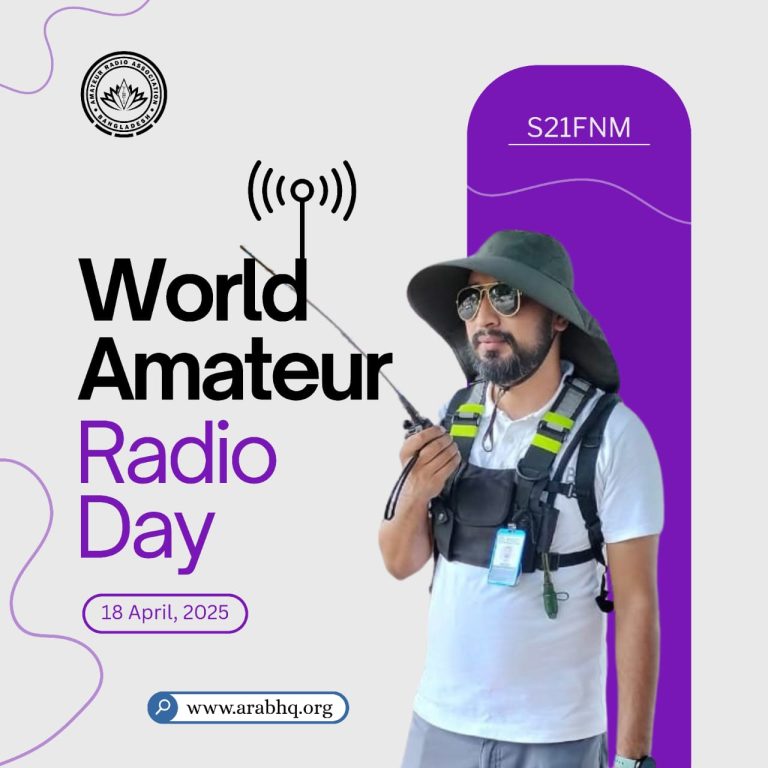Amateur radio, often called ham radio, is a fascinating hobby and service that brings people together through the magic of radio waves.*
It’s a community of licensed operators who enjoy communicating with each other across town, across the country, or even around the world.
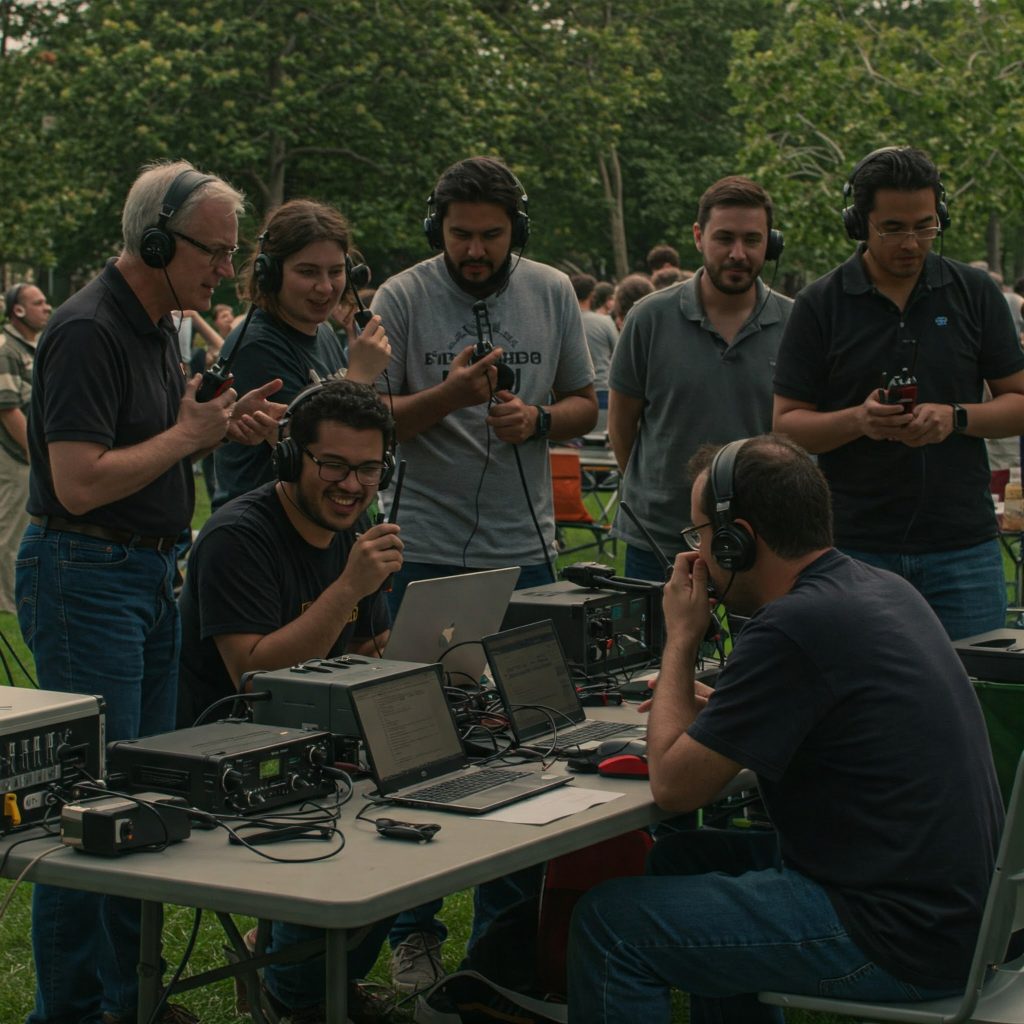
A Brief History
Amateur radio’s origins can be traced back to the late 19th century, following the discovery of radio waves. By the early 20th century, enthusiasts were building their own wireless sets. These early “hams” contributed significantly to the development of radio technology, even providing crucial communication during emergencies. The term “ham” itself, initially a derogatory term for unskilled telegraph operators, was reclaimed by the community as a badge of pride.
Licensing
To operate an Ham radio station, you need a license. In the US, licenses are granted by the Federal Communications Commission (FCC) after passing an examination. These exams, administered by volunteer examiners (VEs), test your knowledge of radio theory, regulations, and operating practices. There are different license classes (Technician, General, and Extra), each granting different levels of operating privileges.
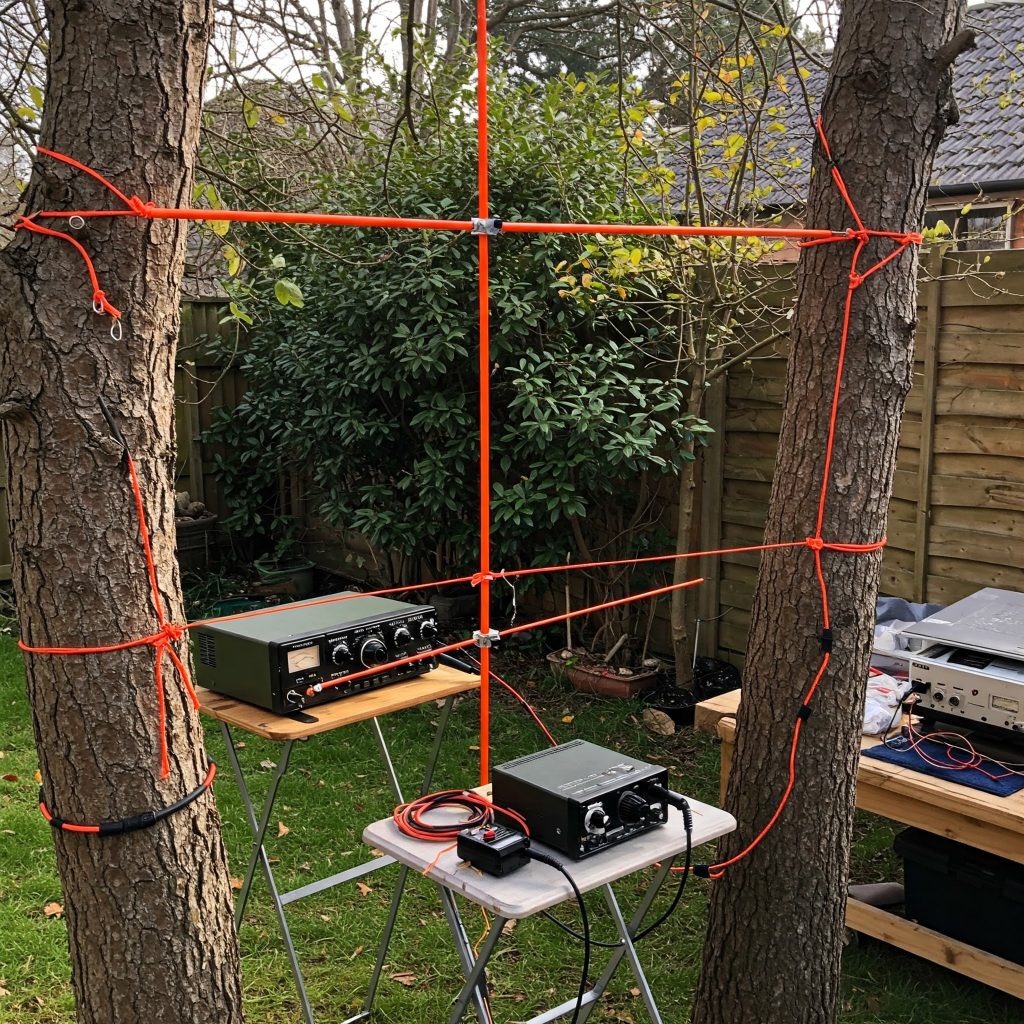
Bands and Frequencies
Amateur radio operators are allocated specific frequency bands across the radio spectrum, from low frequency (LF) to ultra-high frequency (UHF). Each band has its own characteristics and is suitable for different types of communication.
It is a service that allows people to use radio equipment to communicate with other licensed operators. Unlike commercial radio services, amateur radio is primarily for personal enjoyment, but it also plays a vital role in emergency communications.
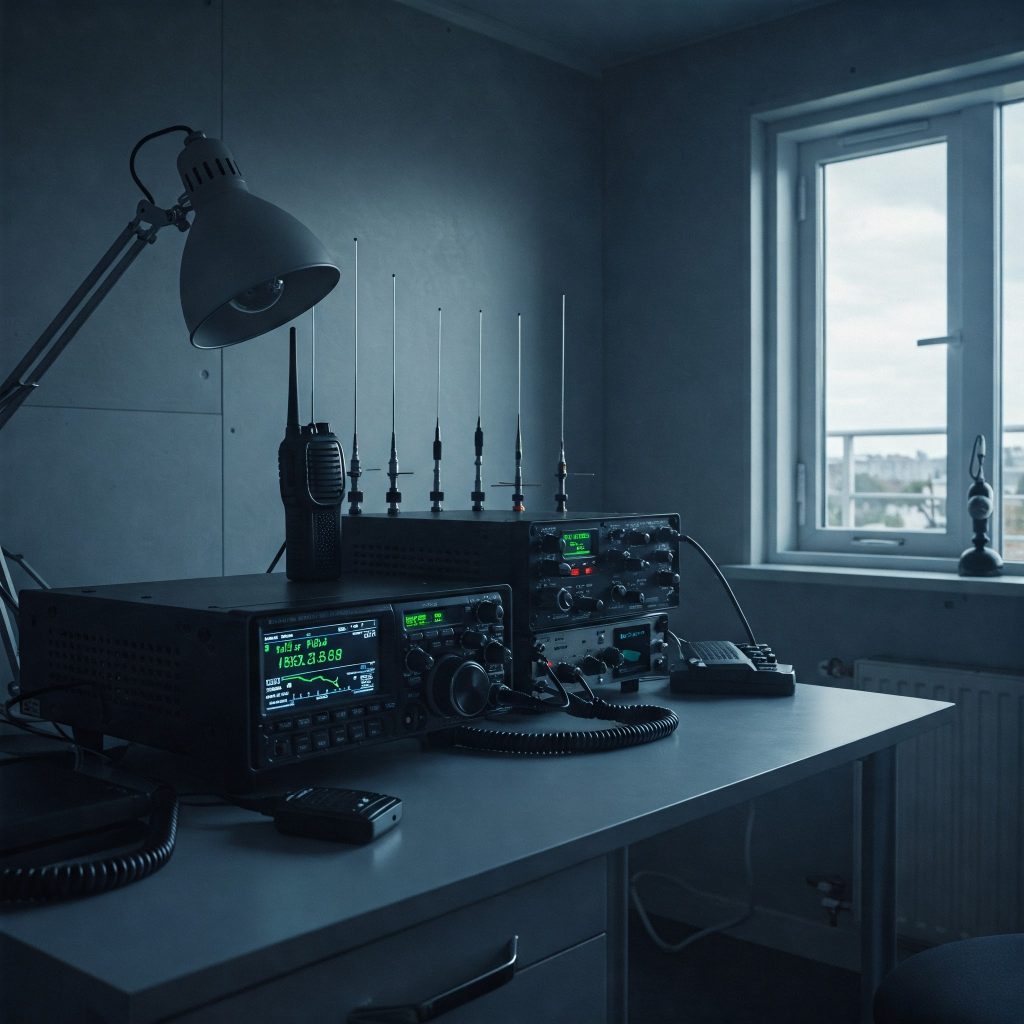
Key Aspects of Amateur Radio:
- Communication: Connect with people globally. Amateur radio operators use various modes of communication, including voice, Morse code, and digital modes, to connect with others around the world.
- Experimentation: Explore radio technology. Amateur radio is a hobby that encourages experimentation and learning. Operators often build their own equipment, experiment with different antennas, and explore new technologies.
- Community: Join a network of enthusiasts. Amateur radio is a vibrant community of people who share a passion for communication. Operators often participate in local clubs, contests, and events.
- Emergency Services: Provide crucial communication during disasters. Amateur radio operators provide vital communication support during emergencies and disasters when other communication systems fail.

